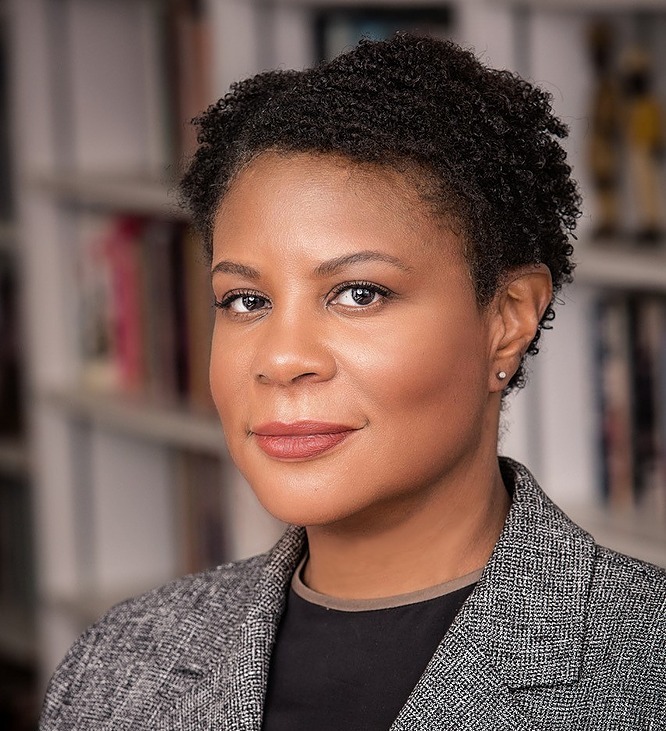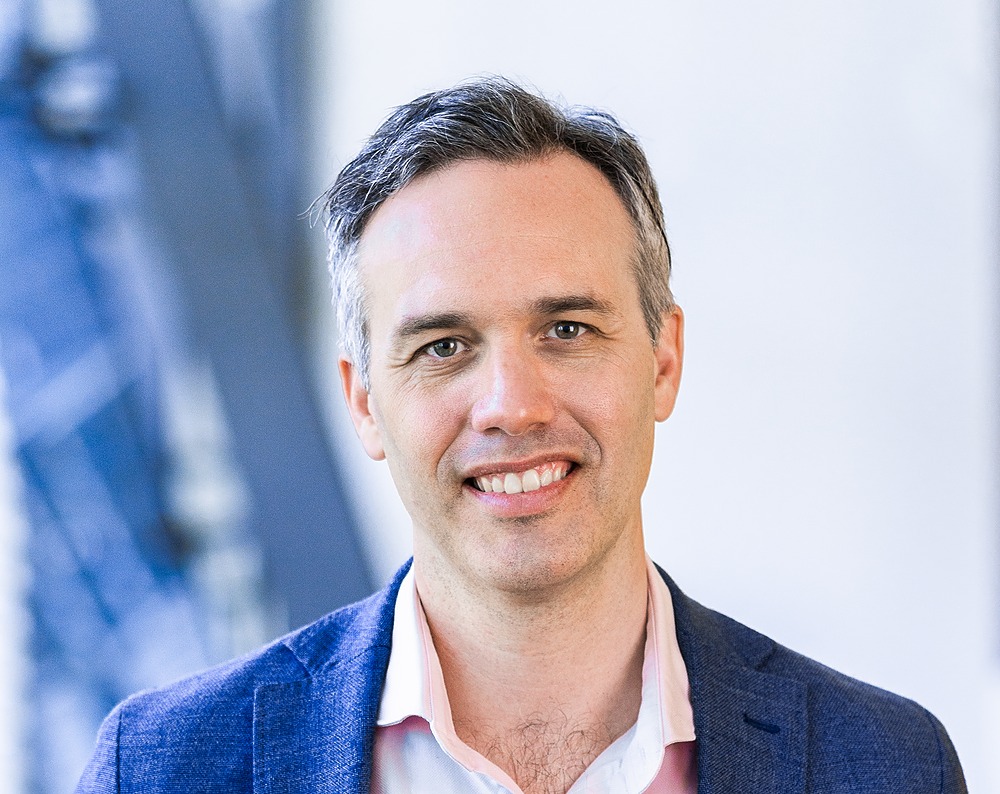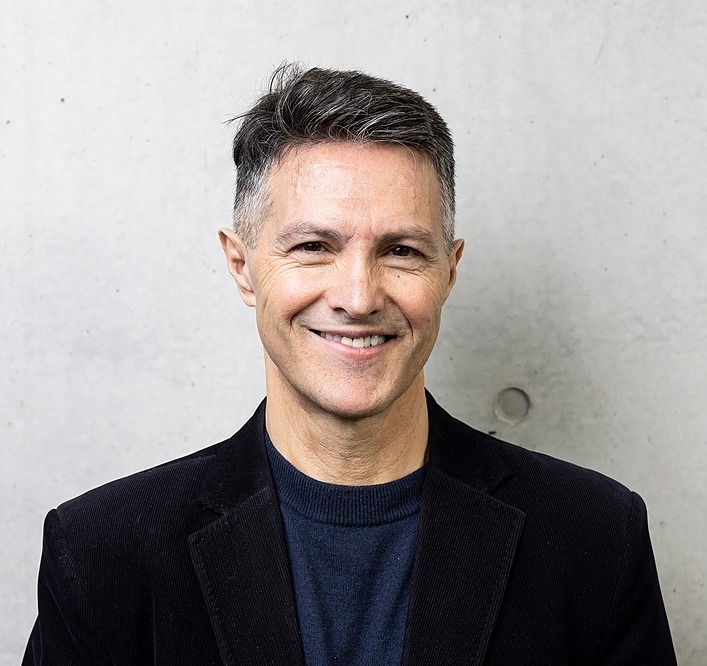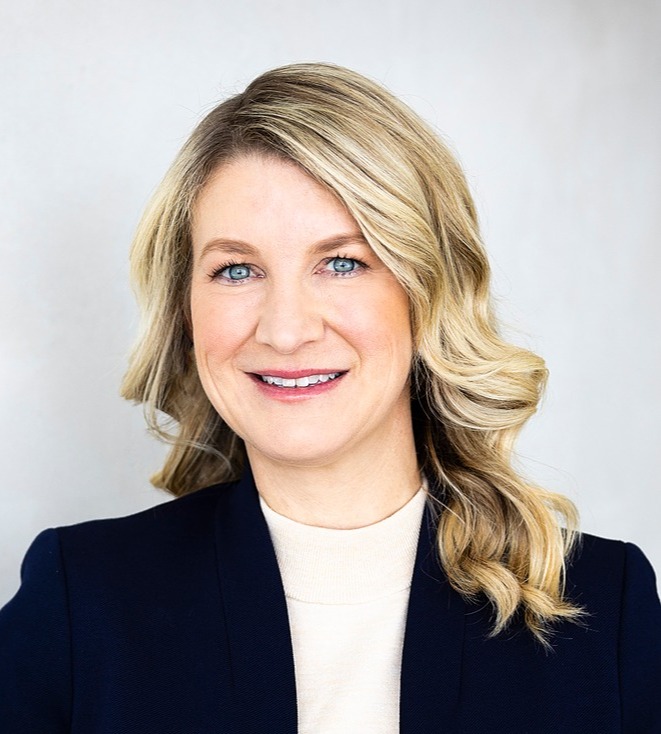Tech for the people? Rights and regulation in the AI era
Event description
Tech for the people? Rights and regulation in the AI era
In conversation with Dr Alondra Nelson, former Acting Director, White House Office of Science & Technology Policy
Artificial intelligence is changing almost every aspect of our economy, politics and society. Yet governments are struggling to grasp the opportunities that AI offers, while protecting us from harm. How can government strike the right balance?
In this discussion led by Ed Santow with Dr Alondra Nelson, The Hon. Victor Dominello and Amy Persson, we take a deep dive into big tech and regulation to tackle key questions around AI governance.
Drawing on the White House’s “Blueprint for an AI Bill of Rights,” a cornerstone of the historic AI executive order, Dr Nelson will discuss how governing for the future requires new forms of public engagement and anchoring in long, imperfectly held democratic commitments. These commitments include civil rights and civil liberties, regulating toward prosocial outcomes rather than around technological objects—and doing both while advancing research and policy innovation.
Doors open: 5.45pm for 6 pm start.
This event is brought to you by UTS's Human Technology Institute.
Meet our speakers
Keynote speaker

Alondra Nelson is the Harold F. Linder Professor at the Institute for Advanced Study, where she leads the Science, Technology, and Social Values Lab, and a distinguished senior fellow at the Center for American Progress.
Nelson was formerly deputy assistant to President Joe Biden and acting director of the White House Office of Science and Technology Policy, where she led the development of the “Blueprint for an AI Bill of Rights,” a cornerstone of President Biden’s recent artificial intelligence executive order. In recognition of her OSTP tenure, Nature
named Nelson to its global list of Ten People Who Shaped Science. In 2023, she was included on the TIME100 inaugural list of the most influential people in AI, and was appointed by United Nations Secretary-General António Guterres to serve on the High-level Advisory Body on AI.
Widely known for her scholarship at the intersection of science, technology, and society, Nelson is the author of several award-winning books including The Social Life of DNA, and her essays, reviews, and commentary have been featured in The New York Times, The Washington Post, The Wall Street Journal, Foreign Affairs, Wired and Science. She is a member of the American Academy of Arts and Science, the American Association for the Advancement of Science, the American Philosophical Society, the Council on Foreign Relations, and the National Academy of Medicine and serves on the boards of the John D. and Catherine T. MacArthur Foundation, Mozilla, and the Innocence Project.

Moderator: Professor Edward Santow, Director, Policy And Governance, UTS Human Technology Institute
Edward Santow is the Director - Policy & Governance at the Human Technology Institute, and Industry Professor - Responsible Technology at the University of Technology Sydney. Ed is a Fellow of the Australian Academy of Law. Ed co-founded the Human Technology Institute, which he leads with Prof Nicholas Davis and Prof Sally Cripps. Ed's focus areas include digital government, the future of AI regulation, AI assurance, facial recognition technology and digital identity.
Ed serves on the Australian Government's AI Expert Group, Government Service Delivery Advisory Board and National Quantum Advisory Committee. Ed also serves on a number of state government advisory bodies, including the NSW Government AI Review Committee. Ed serves on a number of boards and committees, including CareerSeekers. He is a patron of the Refugee Advice + Casework Service, and a Fellow of the UTS Centre for Social Justice & Inclusion.

The Hon. Victor Dominello, Director of the UNSW-UTS Trustworthy Digital Society
Victor Dominello is a former senior NSW Government minister, serving prominently as the Former Minister for Customer Service and Digital. Recognised by The Australian in July 2022 as one of Australia’s top 100 innovators, he made history in 2019 as the world’s first Customer Service Minister. During his 12-year cabinet career, he led diverse portfolios including Digital Government, Innovation, Finance, and Aboriginal Affairs, garnering global acclaim for transforming NSW public service delivery through initiatives like the Department of Customer Service, Service NSW and the Digital Restart Fund.
Before politics, Victor practiced law as a partner in a commercial firm for over a decade. In September 2023, he co-founded ServiceGen, advising governments and organisations on innovative service delivery strategies. Currently, Victor holds the following roles: Chair of the Federal Ministerial Digital ID Expert Panel and the Services Australia Independent Advisory Board, Strategic Advisor and Luminary at Accenture, and Professor at the University of New South Wales. He also serves on several boards, including Director of the UNSW-UTS Trustworthy Digital Society Hub and Board Director of the Tech Council of Australia since 2023.

Amy Persson, interim Pro Vice-Chancellor (Social Justice and Inclusion), UTS
Amy Persson is the interim Pro Vice-Chancellor (Social Justice and Inclusion) at the University of Technology Sydney (UTS). Amy is a public policy specialist who has worked extensively across the private, public and not-for-profit sectors to deliver major social, economic and environmental initiatives with social impact and social justice at their heart. For the last three years Amy has overseen UTS’s government and external engagement from the Vice Chancellor’s office, and prior to this spent eight years in various Senior Executive roles in the NSW Department of Premier and Cabinet, overseeing portfolios such as child protection, Aboriginal Affairs, social and affordable housing, city-shaping and public transport, intergovernmental negotiations and media and communications for the Premier. During this time Amy ran the NSW Government’s Behavioural Insights Unit and Office of Social Impact, trialling innovative ways to improve the lives of the most vulnerable people in NSW.
Earlier on in her career Amy was a senior political adviser to several State Government Ministers and spent time in the UK driving climate change and environment initiatives with the major environmental groups headquartered there. Amy studied Arts/Law and is passionate about driving greater equity and diversity in the higher education sector.
Human Technology Institute, UTS
The Human Technology Institute at UTS is building a future that applies human values to new technology. HTI provides independent expert advice, policy development, tools, training, and data science solutions to support human-centred technology. HTI exists for a clear public benefit: it brings together the best of academia, industry, government, and civil society to demonstrate how human values, including human rights, can and should be imbued in emerging technologies.
Tickets for good, not greed Humanitix dedicates 100% of profits from booking fees to charity


